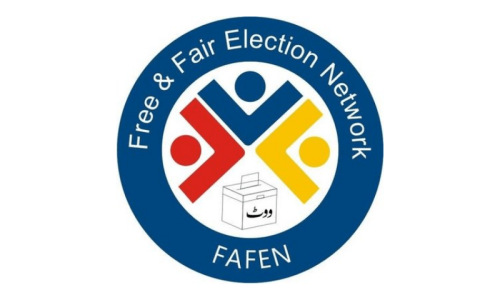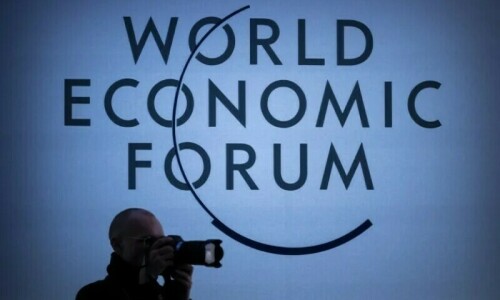THE principles of physics have also been found to be useful to study financial markets. To do this, one may consider the economic world as a collection of interacting particles. Owing to such considerations, a new interdisciplinary field of knowledge, namely econo-physics, has emerged.
Econo-physicists, in principle, use mathematical tools to comprehend confounding economic concepts by simplifying them so that they merely become problems of disordered material.
Econo-physics was introduced in 1995 by Harry Eugene Stanley, an American physicist who was a professor at Boston University. The complex economic systems may be regarded as a large number of populations, such as firms or industrial units made from humans. As stated above, econo-physics in nature is interdisciplinary, i.e. a narrow field from elements of variety of fields, and not multidisciplinary where distinct fields are in debate.
Thus, to become an econo-physicist, one does not need to be an expert in the field of economics. Rather it involves the activities of physicists who are working on economics problems.
The special and simpler models formulated by econo-physicists relate financial parameters with physical ideas. For instance, the fluctuations of stock market prices may be explained from analogies with earthquakes or turbulence.
It is an established fact that when a physical system undergoes external trepidation, all the constituents of the system respond in a similar manner so that it is enhanced infinitely.
Moreover, the physical principles underlying the unwanted signals, commonly known as noise, from a system may be applied to explain the responses of the market.
Econo-physics is a scientific approach to quantitative economy using ideas, models, conceptual and computational methods of a branch of physics called statistical physics. It has indeed arisen as a novel field via collaboration involving economists, mathematicians and physicists with the aim of describing market behaviour.
Two distinct types of econo-physics, experimental and observational, are getting popular nowadays.
The primary aim is to analyse real data and to set models that are in agreement with the observations.
There is an urgent need for the researchers working in the fields of physics and economics to join hands and come up with useful ideas to understand the economic processes and market behaviour.
Dr Intikhab Ulfat
Karachi
TOURISM AND SECURITY: It is heartening that the government is taking various steps to promote tourism. However, it is not possible to meet the targets without ensuring the security of the tourists. The government keeps claiming that the country is safe, but the reality is different and risks to travellers remain high. Lately, the law and order situation in some areas has seriously deteriorated, like the recent incidents in Swat, Kalam and Kumrat.
Hussain Siddiqui
Islamabad
CRITICAL QUESTIONS: The administrator of Karachi recently issued a statement, saying that the “dirt of 40 years could not be cleansed in one day”. True. But whose government piled up the dirt in Sindh? The favourite pass time of the provincial administration is to oppose the federal government on everything. Can the Sindh government explain where has all the money gone that it got under the National Finance Commission (NFC) award?
Safir Siddiqui
Karachi
THE PLIGHT OF GWADAR: Despite being a focal point of the China-Pakistan Economic Corridor (CPEC), Gwadar has failed to benefit from the various development projects that are announced from time to time. The welfare of the locals is clearly the last thing on the minds of the decision-makers. The city should be provided education, health, clean drinking water, vocational training and other facilities so that the people may improve their socioeconomic conditions and may also contribute to the projects and to the prosperity of Pakistan.
Mahwash Munir
Turbat
DUAL TAXATION: The Sindh government plans to collect fire tax and conservancy taxes on behalf of the Karachi Metropolitan Corporation (KMC) through the K-Electric bills. The residents of Clifton’s blocks 8 and 9 pay their conservancy tax to the Cantonment Board, Clifton (CBC). Why should they pay the conservancy tax twice? The judiciary should take notice of this.
Name withheld on request
Karachi
Published in Dawn, October 4th, 2021












































Dear visitor, the comments section is undergoing an overhaul and will return soon.